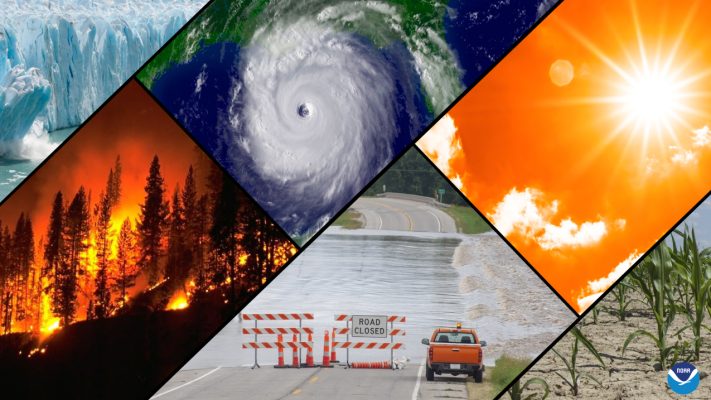Federal Climate Funding: A Challenge or Opportunity for Provinces?
Ottawa’s decision to tie “Federal Climate Funding” to greenhouse gas emission reductions has ignited discussions across provinces. Alberta, in particular, feels the heat, with its minister of environment and protected areas, Rebecca Schulz, expressing concerns. A Challenge or Opportunity for Provinces?
Provinces’ Take on Federal Climate Funding
Rebecca Schulz, representing Alberta, feels that the “Federal Climate Funding” approach might not be fostering genuine collaboration.
She points out that while Jonathan Wilkinson, the Federal Energy and Natural Resources Minister, talks about partnership, the potential funding cuts send a different message.
Wilkinson, during a Vancouver press conference, clarified the government’s stance. He emphasized that the “Federal Climate Funding” in the form of tax credits and grants would be directly linked to achieving a net-zero electricity grid by 2035. “To benefit from the tax credit, we need to move towards a non-emitting grid,” he stated.

The “Federal Climate Funding” initiative’s 2035 target for a net-zero electricity grid seems ambitious. Both Saskatchewan and Alberta lean towards a 2050 deadline.
However, Wilkinson assures provinces of flexibility in achieving the earlier target, recognizing each province’s unique challenges.
Blake Schaffer, an energy economist, believes the “Climate Funding” initiative’s success hinges on the exemptions within the regulations.
He expects Canada’s rules to mirror those of the U.S., which include provisions for older power plants and intermittent fossil fuel generation.
Economic Impacts

The economic ramifications of the “Climate Funding” decision are significant. Saskatchewan’s minister for SaskPower, Don Morgan, cautions that this federal stance might elevate electricity costs.
By potentially holding back funding meant to help provinces reach net-zero targets, Saskatchewan’s electricity rates might soar.
In summary, the “Federal Climate Funding” debate offers a chance for provinces to innovate and collaborate for a sustainable future. While challenges lie ahead, with cooperation and innovation, Canada can lead in climate change solutions.





